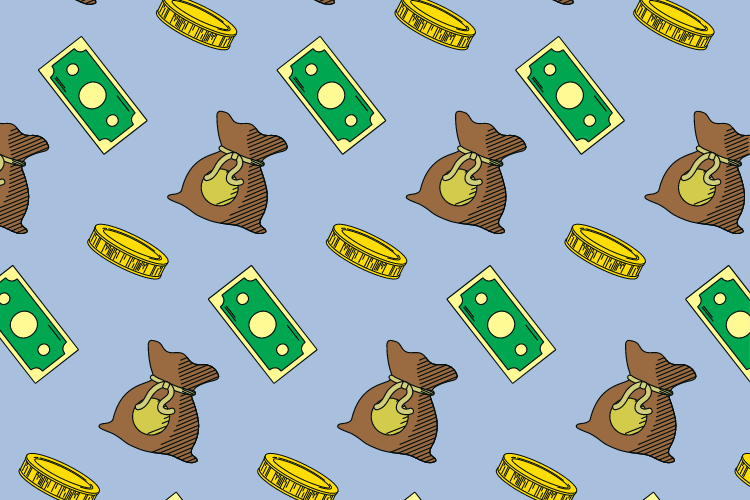Are We Experiencing A “Vibecession” In The US?

You’ve probably seen that our economy is doing “great,” unemployment is low, and the future looks better.
But most Americans don’t feel as optimistic. Many still struggle to keep up with inflation, and some sectors have had massive layoffs.
This is what’s called a vibecession. Even if every indicator says we’re doing fine, the public’s perception is still low. Let’s learn more about why we’re going through this funk and whether it’s going away anytime soon.
A Deeper Look At A Vibecession
When a country goes through a vibecession, it might feel like there’s no hope for the economy for most people. You see everything as expensive, or someone you know might have been laid off, so all you want to do is tighten your wallet.
Despite these feelings, the economy is stable or even growing. This disparity is what’s going on in the US today. Consumers don’t want to spend, and there’s a general atmosphere that things are more challenging than ever.
This current vibecession we’re going through is nothing new, though.
Most consumers have been inflation started spiraling out of control, hitting a record high of 9.1% in 2022. Pair this situation with memories of the 2008 financial crisis, and you see why Americans haven’t been sure about their financial future for a while.
What Causes Them To Happen?
There are quite a few reasons why vibecessions happen. For starters, no facts and figures can convince you if perception doesn’t match reality.
It’s hard to believe the economy is growing when you’re not directly seeing the benefits. Inflation is still there, the costs of essentials like food and real estate are still high, and a regular paying job doesn’t seem enough nowadays, especially for lower-income families.
Media influence also seems to play a role. Toxic news cycles sell, but they’re a big reason so many people fear their economic future, even if they’re doing well.
Main Signs We’re In A Vibecession
So how do we know we’re experiencing a vibecession? It boils down to a few main factors:
- Consumer Confidence Index: With consumer confidence still lower than in pre-pandemic years, people still feel weary and pessimistic about their economic future.
- Spending Patterns: People who feel financially insecure will spend less than usual.
- Housing Market Activity: High mortgage rates and low inventory levels keep the housing market stagnant, affecting thousands of potential buyers.
- A Lousy Job Market: Compared to the pandemic years, employers are offering less to prospective workers and have fewer openings available.
How Can We Improve Public Opinion?
Telling someone financially struggling that things are getting better is an uphill battle.
But there are ways to convince people that the economy is growing slowly. People need changes that affect them directly. A higher stock market won’t mean anything for an average family trying to get by.
New economic policies that address fundamental issues like rent hikes or inflation could ease the financial burden and give people the necessary break. Also, finding ways to create more well-paying jobs, especially in hard-hit areas, could help consumers slowly regain hope.
It’s easier said than done, though. It could be months or even years before consumers feel secure about their financial future.
Is The Vibecession Here To Stay?
The longevity of a vibe session will ultimately depend on how quickly and effectively the government, businesses, and the global economy resolve the underlying issues.
Even though things look a bit better than during the pandemic years, there’s a lot left to do before consumers feel comfortable. But if the government is proactive in addressing these gaps, there’s a strong chance Americans will feel more positive about their finances.
The Bottom Line
While the US economy may not be in a recession as we know it, the pervasive feelings of financial insecurity and pessimism are still a huge problem.
Time will only tell how and when this feeling will fade out. Meanwhile, stay updated on the latest financial news and manage your finances wisely to get through these times!
Read More:









